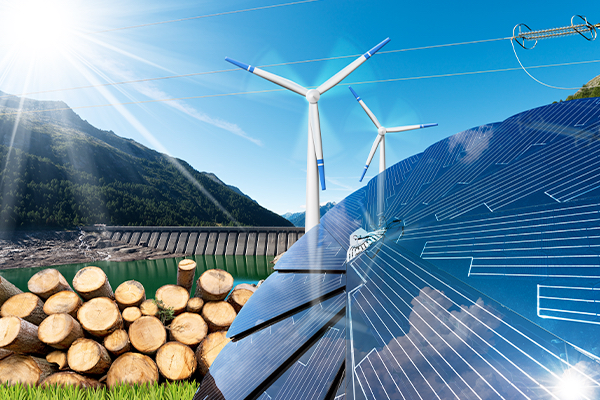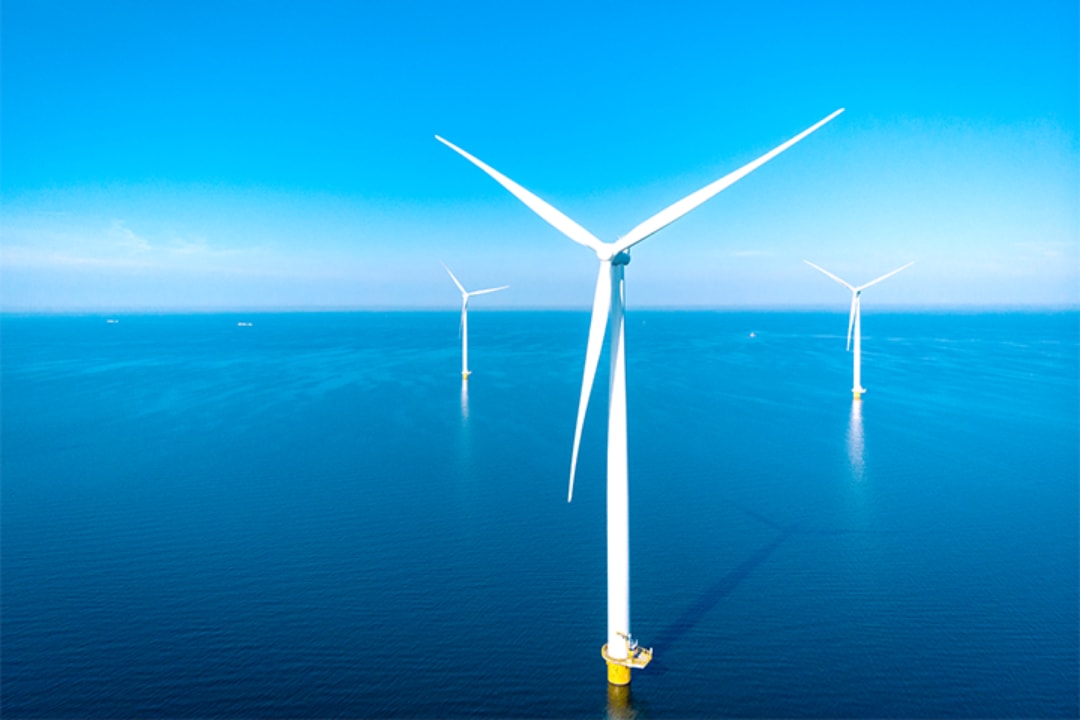Climate change has become a threat to the sustainable development of all nations, regions, and people of the world. If the international community does not band together to quickly implement appropriate and sufficient countermeasures, increasingly serious and unavoidable impacts will be suffered by our society. These impacts include the loss of national territory due to rising sea levels, the occurrence and magnification of large-scale natural disasters, and the exhaustion of natural resources and food.
It was against this backdrop that the international community held the 21st session of the Conference of the Parties (COP21) of the United Nations Climate Change Conference (UNFCCC) in December 2015. There, all nations adopted “the Paris Agreement,” thereby pledging for the first time in history to work to reduce greenhouse gases that cause global warming. A “2-degree target” to limit global temperature rise to below 2°C and a “1.5-degree best effort target” to limit that rise below 1.5°C compared to the pre-Industrial Revolution era were established as internationally-shared goals. To achieve these targets, the international community will aim to reduce worldwide greenhouse gas emissions to net-zero―in other words, to achieve “decarbonization”―in the second half of this century. Based on the Paris Agreement, the Japanese government pledged a “2050 carbon neutral” national goal to the world, meaning that Japan will strive to reduce greenhouse-gas emissions to net-zero by 2050. Thus, it is up to us, the human beings living today, to unite the international community in undertaking two tasks: to reduce greenhouse gas emissions to prevent further global warming (i.e., to take “mitigation measures”), and to minimize damage and impacts brought by global warming (i.e., to take “adaptation measures”).




